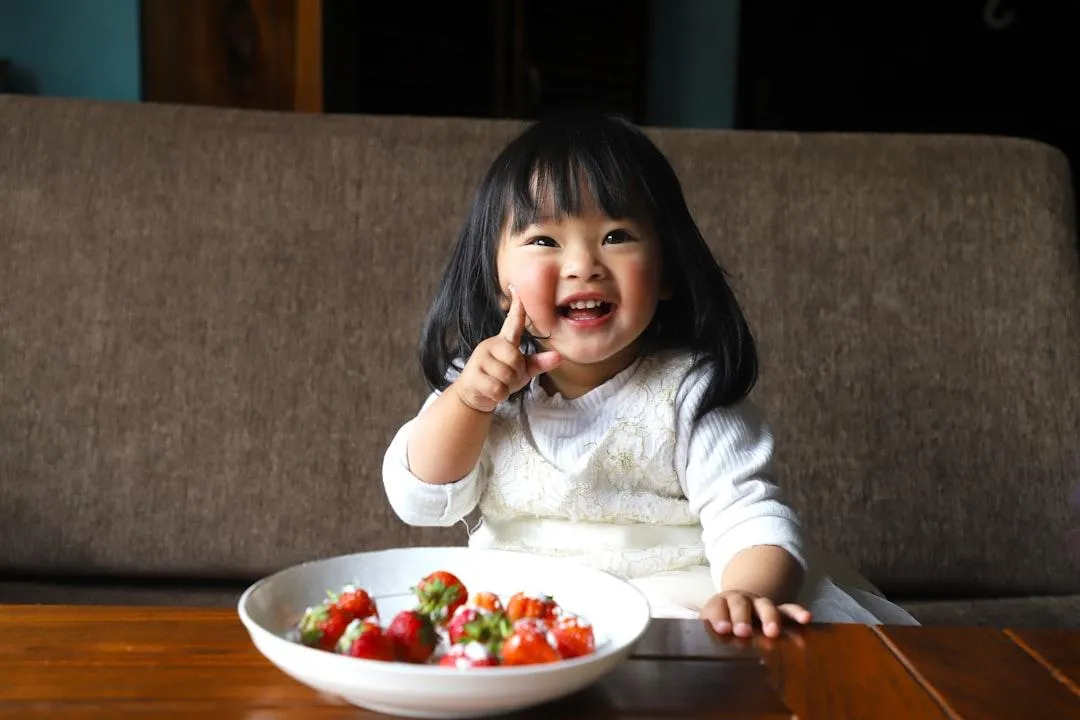
5 Surprising Reasons Your Toddler is a Picky Eater (And Why it's Totally Normal)
5 Surprising Reasons Your Toddler Is a Picky Eater (And Why It’s Totally Normal)
Let’s be honest—few things test a parent’s patience like a toddler who refuses to eat… again. One day they’re devouring cucumbers like candy, the next they act like you’ve placed a plate of poison in front of them. Sound familiar?
If you’ve ever found yourself negotiating over bites, hiding vegetables in muffins, or Googling “how to make broccoli less green,” you’re not alone. The good news? Picky eating in toddlers is often completely normal—and rooted in things that have nothing to do with being “stubborn” or “spoiled.”
Here are five surprising reasons your toddler may be turning up their nose at mealtime—and why you don’t need to panic.
1. It’s a Totally Normal Developmental Phase
Between the ages of 2 and 4, many kids naturally become more selective about food. This is the age when they’re learning independence and figuring out how to say no—to everything. Including peas. This picky phase often coincides with big leaps in personality, language, and mobility. It’s not defiance—it’s development.
2. They’re Learning to Control Their World
Food is one of the first things a toddler can actually control. They can’t decide where they go or what time bedtime is, but they can decide what goes into their mouth. Refusing a food (especially one they liked last week) is often less about the food and more about their budding need for autonomy.
3. Their Senses Are Extra Sensitive
Many toddlers experience heightened sensitivity to textures, smells, and flavors. That slimy texture you barely notice? Your child might experience it like a full-blown sensory overload. For some, even the sound of crunchy food can be too much. Understanding this sensory piece can make a huge difference in how you approach mealtime.
4. Repetition Feels Safe
Ever notice your child wants to eat the same exact thing for days—or weeks—on end? That’s not just stubbornness, either. Repetition offers comfort. Toddlers like knowing what to expect, and food is no different. If they’ve had a good experience with a food, they may latch onto it for a while before moving on (or suddenly rejecting it, and the cycle begins again).
5. Pressure Makes It Worse
Here’s the tricky part: the more we push a food, the more our child may resist it. No one likes to feel pressured—especially toddlers who are still learning how to manage big feelings. Creating a low-stress, no-pressure environment is key to helping your child stay open to new foods over time.
So, What Can You Do?
Take a deep breath. Offer a variety of foods, eat together when you can, and try not to stress if dinner didn’t go as planned. Sometimes the best thing you can do is back off a little—and maybe turn food exploration into something fun, like a game or hands-on activity. (Psst: my upcoming book is packed with those!)
✨ Coming Soon!
The Picky Eater’s Guide to Healthy Eating: Tips from a Dietitian is your practical, playful resource for understanding your child’s eating habits, navigating mealtime struggles, and discovering fun ways to encourage new food experiences.
Stay tuned for more sneak peeks and early access info—because feeding kids doesn’t have to feel like a battlefield. 💚
Cheering you on!
Debbie
PS - This is a new blog that only has a few articles. The rest of my content can be found at my sister site:
